Kimberly Mitchell is the Journal Publications Director at Landes Bioscience, a rapidly-growing publishing company that currently publishes over 40 journals.
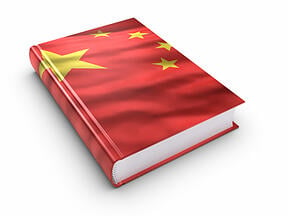
Read the most up-to-date information on the integrity of the research across industries, publishing in top journals, reputation and much more.
Kimberly Mitchell is the Journal Publications Director at Landes Bioscience, a rapidly-growing publishing company that currently publishes over 40 journals.

 Earlier this week, Stephen Matthews, the chair of the physiology department at the University of Toronto’s medical school, had an article retracted from the journal Neuroscience & Biobehavioral Review.
Earlier this week, Stephen Matthews, the chair of the physiology department at the University of Toronto’s medical school, had an article retracted from the journal Neuroscience & Biobehavioral Review.

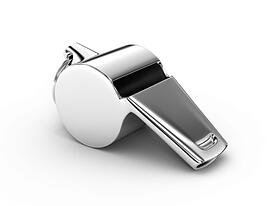 With the Internet, anyone can create a website in a matter of minutes and, with that presence, reach people all over the world. This has made it easy for for individuals, who previously only had a limited voice, to get an international audience for almost every topic imaginable.
With the Internet, anyone can create a website in a matter of minutes and, with that presence, reach people all over the world. This has made it easy for for individuals, who previously only had a limited voice, to get an international audience for almost every topic imaginable.
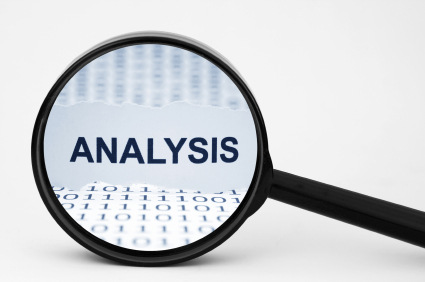 A recent study published in the Proceedings of the National Academy of Sciences finds that the majority of retractions are caused not by error, but by fraud.
A recent study published in the Proceedings of the National Academy of Sciences finds that the majority of retractions are caused not by error, but by fraud.
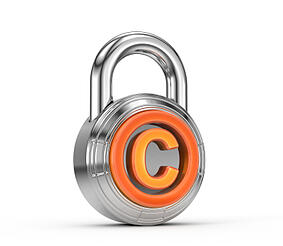 On October 3rd, the Philippines Cybercrime Prevention Act (RA 10175) took effect and, with it, the country instituted criminal penalties for a variety of online acts, including spamming, identity theft and, most controversially, libel.
On October 3rd, the Philippines Cybercrime Prevention Act (RA 10175) took effect and, with it, the country instituted criminal penalties for a variety of online acts, including spamming, identity theft and, most controversially, libel.
Title: “WHAT’S MINE IS MINE”: SELF-PLAGIARISM, OWNERSHIP, AND AUTHOR RESPONSIBILITY
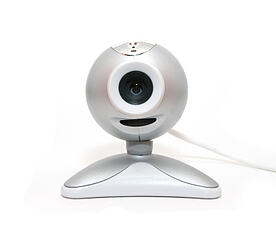
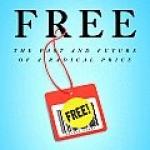 Chris Anderson’s new book “Makers” may not have been released yet, but some are already raising accusations that the book contained, at least at one point, plagiarized content.
Chris Anderson’s new book “Makers” may not have been released yet, but some are already raising accusations that the book contained, at least at one point, plagiarized content.
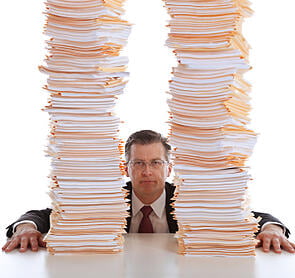 Though the Jonah Lehrer scandal may be winding down and drifting out of the public eye, the matter is far from over for the editors and publishers at the various publications he was employed at.
Though the Jonah Lehrer scandal may be winding down and drifting out of the public eye, the matter is far from over for the editors and publishers at the various publications he was employed at.

© 2025 Turnitin, LLC. All rights reserved.